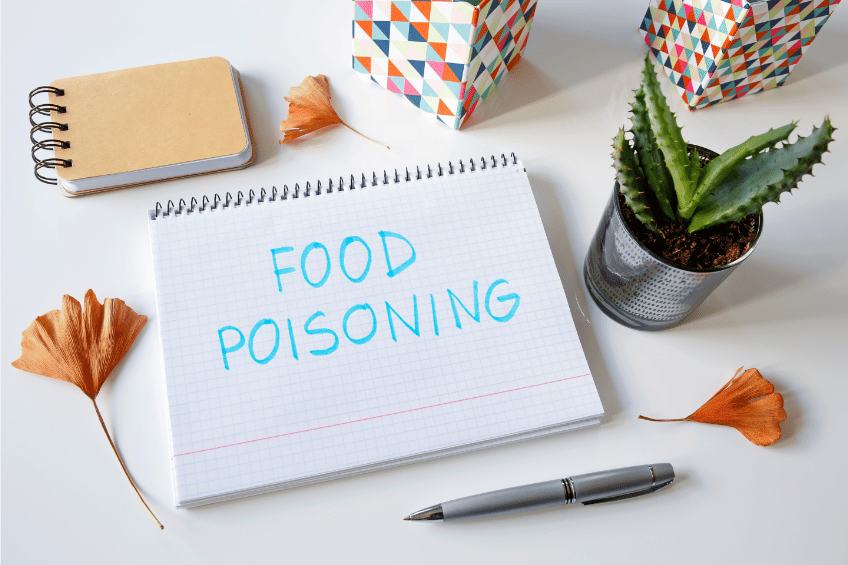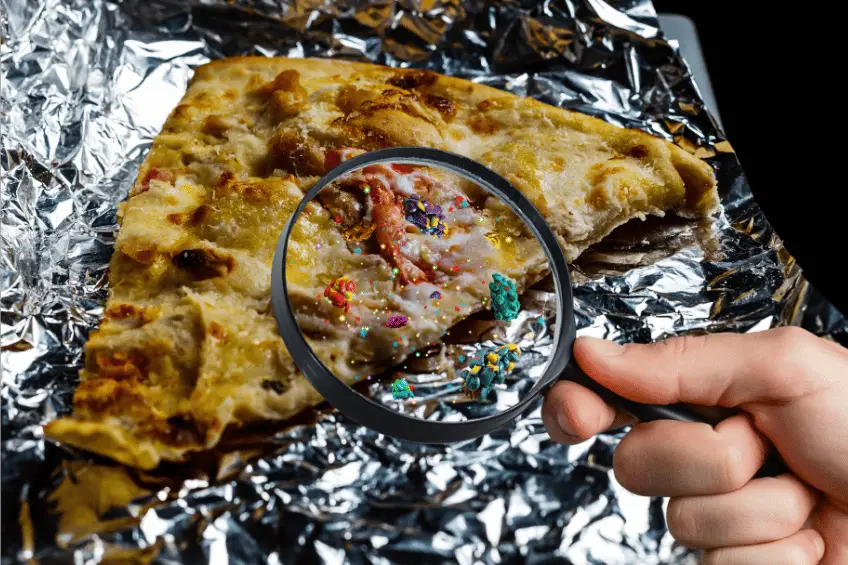Overview.
Food poisoning is a common digestive infection caused by consuming food or water that contains bacteria, toxins, parasites, poisons or heavy metals (such as lead or mercury). Poisoning can occur from 30 minutes to a few days after eating the contaminated product. As unpleasant as they are, most food poisoning cases are harmless. They can last from a few hours to a few days. However, if there are any symptoms that cause concern, a doctor should be consulted.
Symptoms.
Generally, food poisoning is accompanied by nausea, vomiting, fever, abdominal cramps and stomach ache, dehydration, diarrhea and intense fatigue. These symptoms can appear immediately after eating the contaminated food and last up to 72 hours after it has been ingested.
People most at risk.
People at greater risk of food poisoning are the elderly, pregnant women, young children, babies and people with chronic medical conditions (diabetes, AIDS, liver disease…) and weakened immunity.

Foods that can cause poisoning.
Foods most often implicated in contamination are:
- Raw or undercooked food: especially eggs, raw meat and poultry.
- Raw fruits and vegetables: especially if not washed correctly or in contact with contaminated water.
- Mushrooms: it is advised to consume mushrooms with extra precaution, especially if picking wild varieties by yourself. Poisonous mushrooms very often mimic the appearance of harmless ones.
- Non-pasteurized dairy products.
- Food that hasn’t been stored correctly (for example, left out of the refrigerator for a prolonged time).
- Fish and prawns.
- Untreated water.
